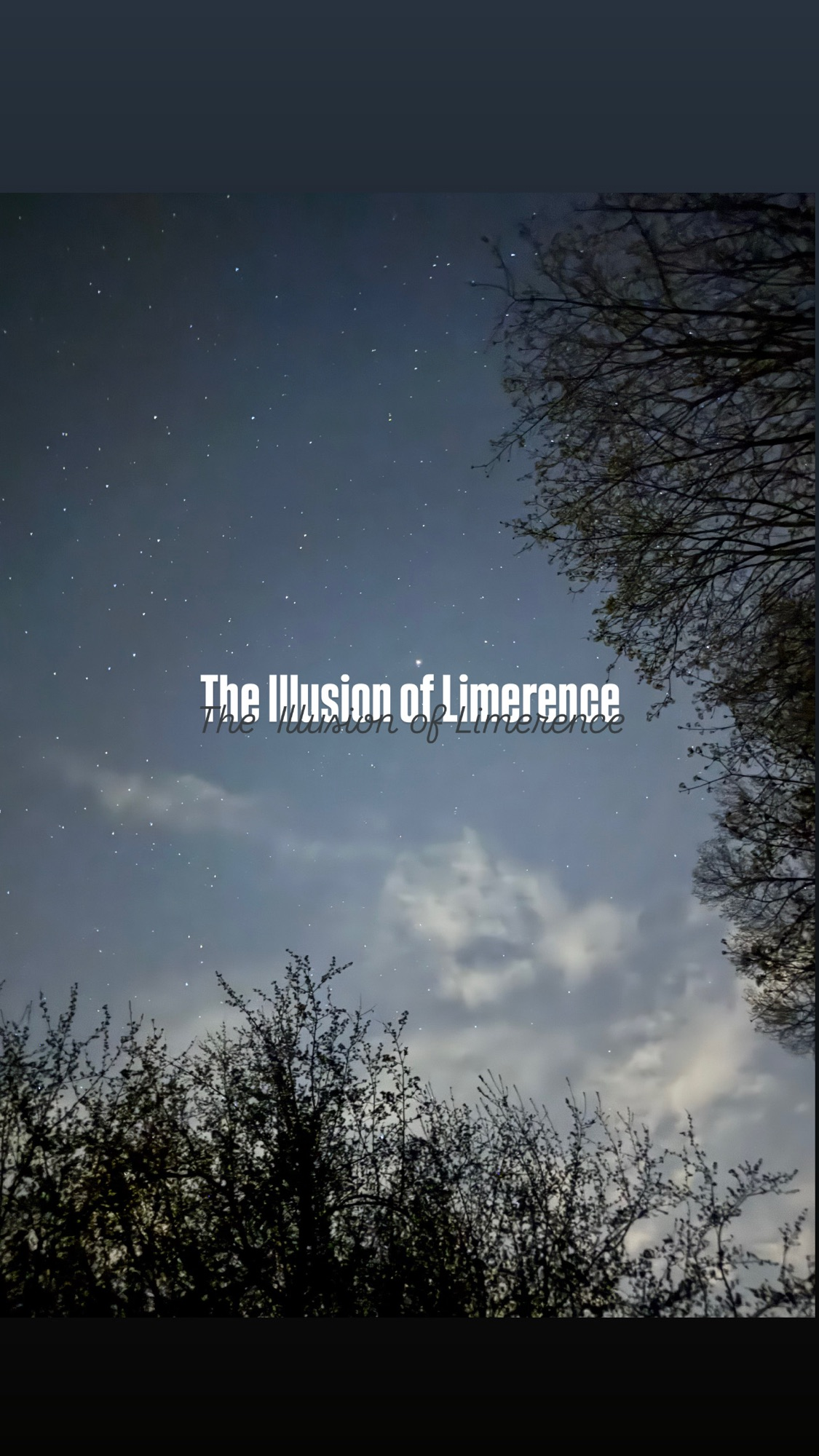There’s something hauntingly beautiful about limerence.
The way it sneaks in, like smoke through the cracks.
It feels like a slow fall and a high-speed chase at the same time.
And yet, it’s not really love—it just feels like it is.
Limerence is a psychological state of intense, obsessive infatuation with another person—one often based more on fantasy than reality. Coined by psychologist Dorothy Tennov in the late 1970s, it’s marked by intrusive thoughts, idealization, emotional dependence, and a desperate longing for reciprocation. It’s not rooted in shared experience, not always nurtured by actual connection—it’s a projection, a mirror of our own unmet desires. And that’s what makes it terrifying. Because the mind doesn’t need proof to believe—it just needs emotion.
I’ve definitely encountered limerence before. It’s as infatuating to reflect on as it is scary to experience. Especially when you’re on the receiving end—when someone develops that obsessive pull toward you. And ooh, is that dangerous. Especially if it’s someone unstable. There’s this alarming realization that the human mind can create entire narratives, whole relationships, out of thin air. Out of loneliness, longing, or unresolved pain. We build meaning out of moments that were never meant to hold weight.
What’s wild is that the experience of limerence can mimic love so well that we begin to question: Do we really know the difference between love and longing? Between attachment and connection? It’s genuinely scary because it holds such powerful emotion—powerful emotion that’s coming from essentially nowhere. That’s the most intense part: how we can create these grand feelings without any tangible foundation. The imagination meets the need to feel wanted, and suddenly, we’re spiraling.
For me, it was a way of deflection. I was going through something real—heartbreak, pain, disillusionment—and instead of facing it head-on, I romanticized a situation that didn’t truly exist. It was safer. It was shinier. It allowed me to pretend I had something to hold onto, even if it was just a dream. I decided to tie myself into the untrue. That’s what limerence is at its core—a beautiful lie. A fabricated tether. And it’s so easy to believe in it when real life feels too unbearable.
But the reclaiming—that’s where the power is. Coming back to reality. Asking yourself: What am I projecting here? What am I avoiding? Healing limerence requires recognizing the illusion for what it is. It’s a call to go inward, to explore the source of the ache that started the fantasy in the first place. Limerence isn’t love—it’s a mirror. It reflects what we think we’re missing in ourselves. And to reclaim yourself, you have to stop chasing what’s out there and start nurturing what’s in here.
Because love—the real kind—is mutual. It’s slow. It’s rooted. It doesn’t leave you breathless in a panic. It doesn’t feel like a drug. Real love doesn’t demand your sanity. It supports it.
So, if you’re reading this and realizing you’ve been in it—limerence, not love—don’t be ashamed. Be gentle with yourself. You’re not crazy. You’re human. And like all things that haunt us, limerence has something to teach.
But now, we unlearn the illusion.
Now, we choose reality.

